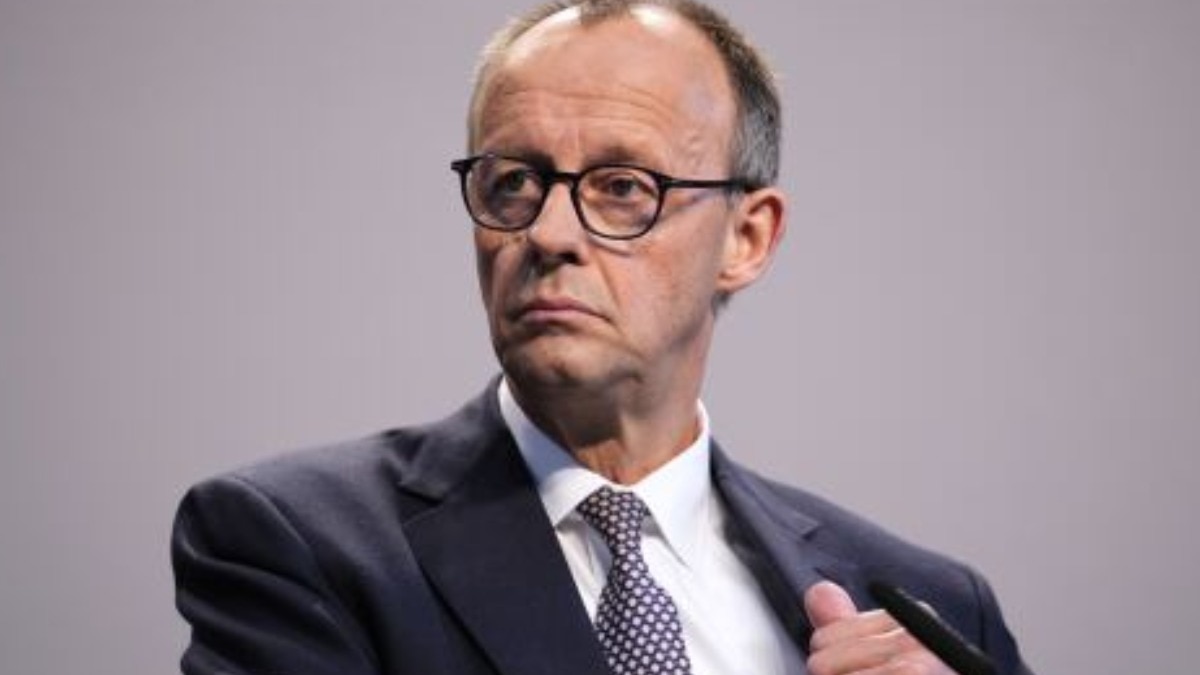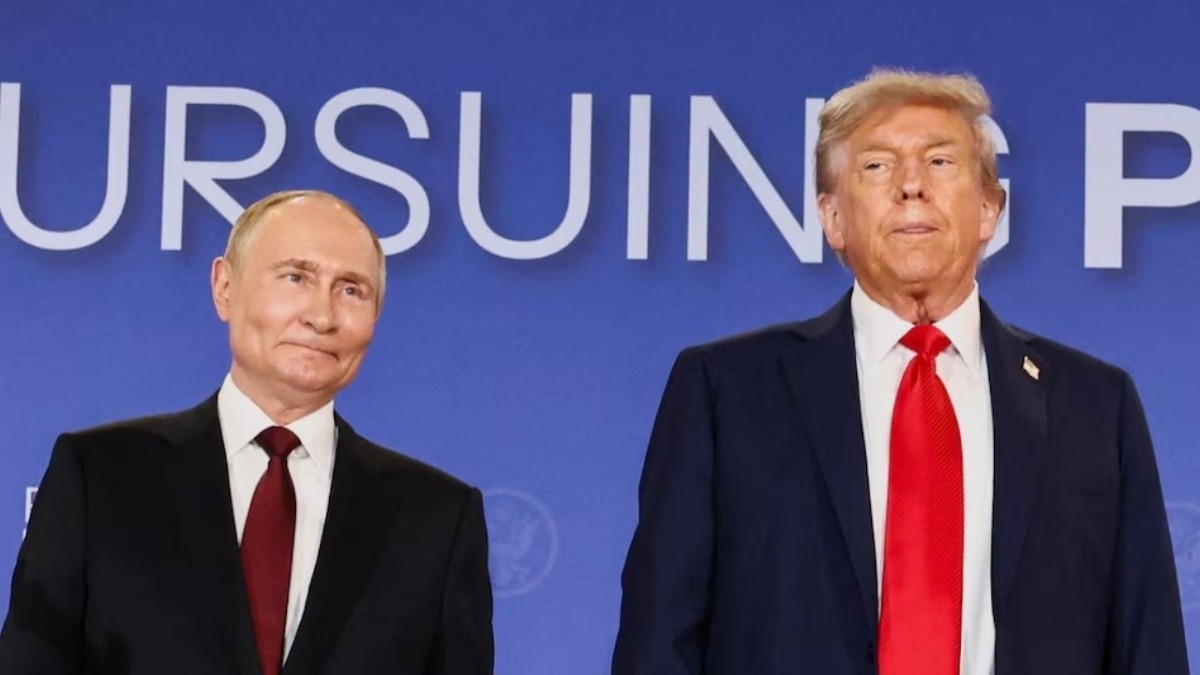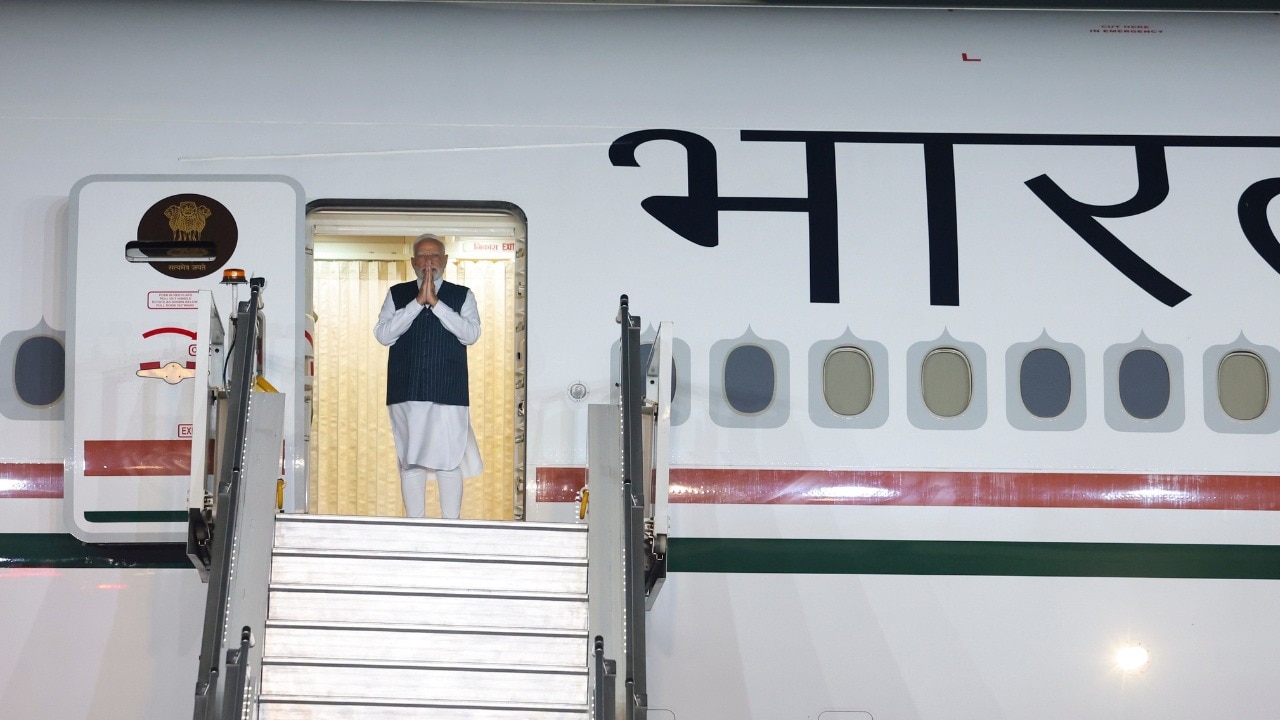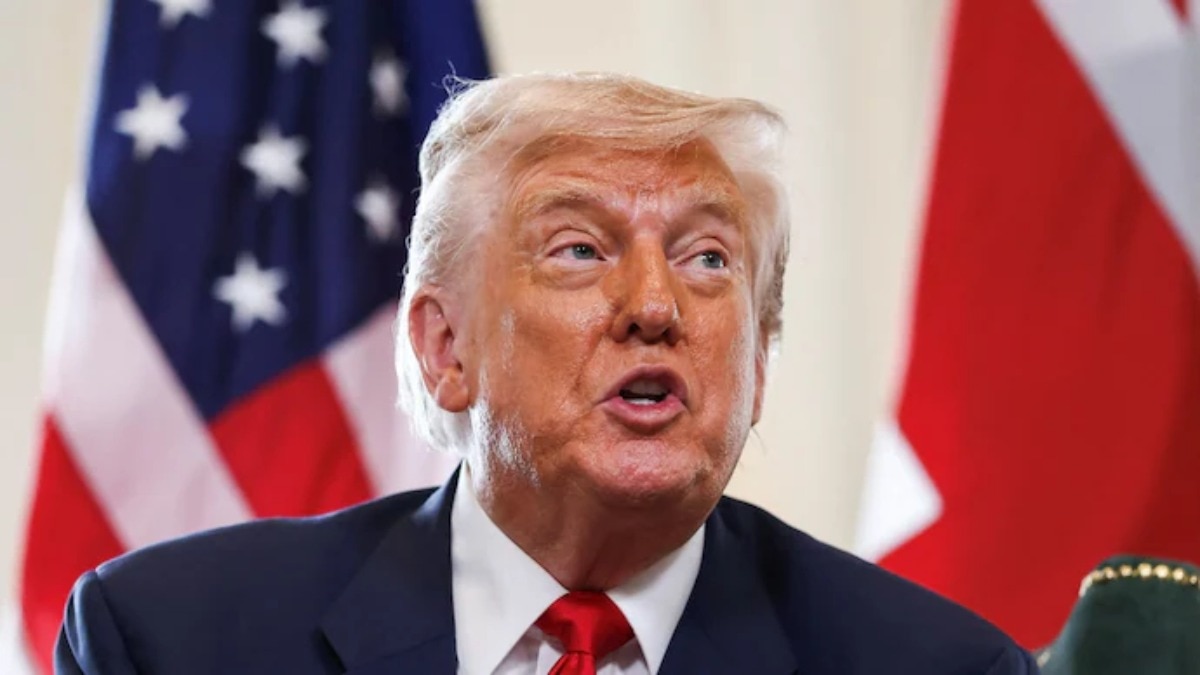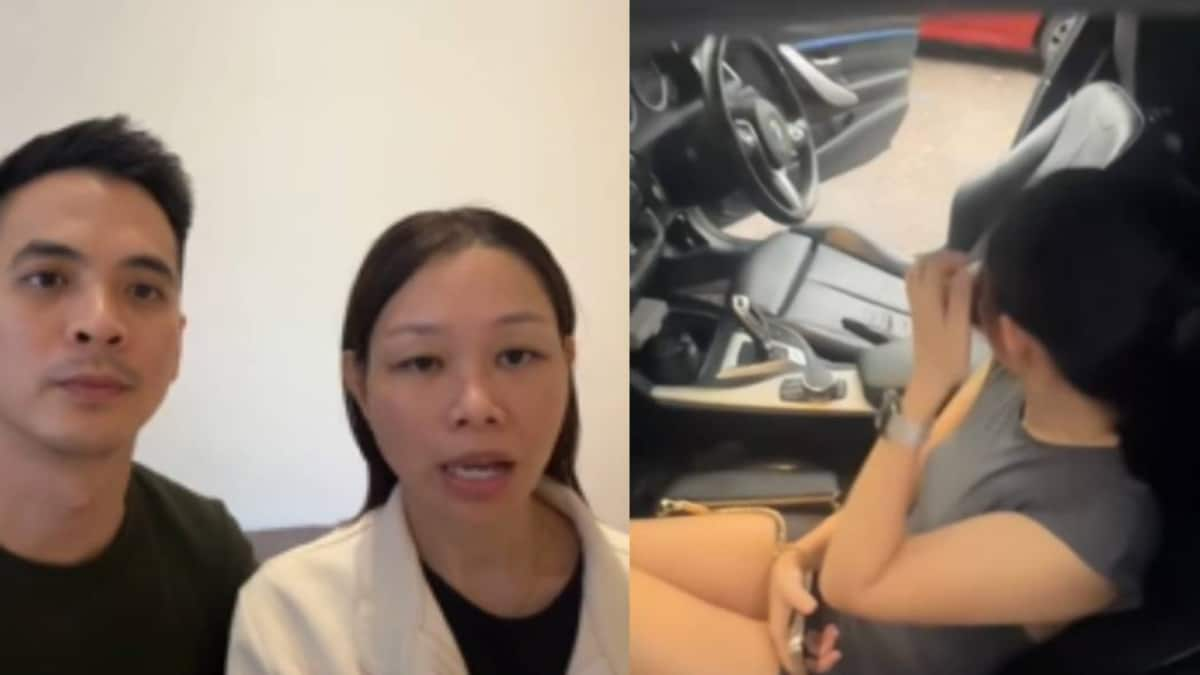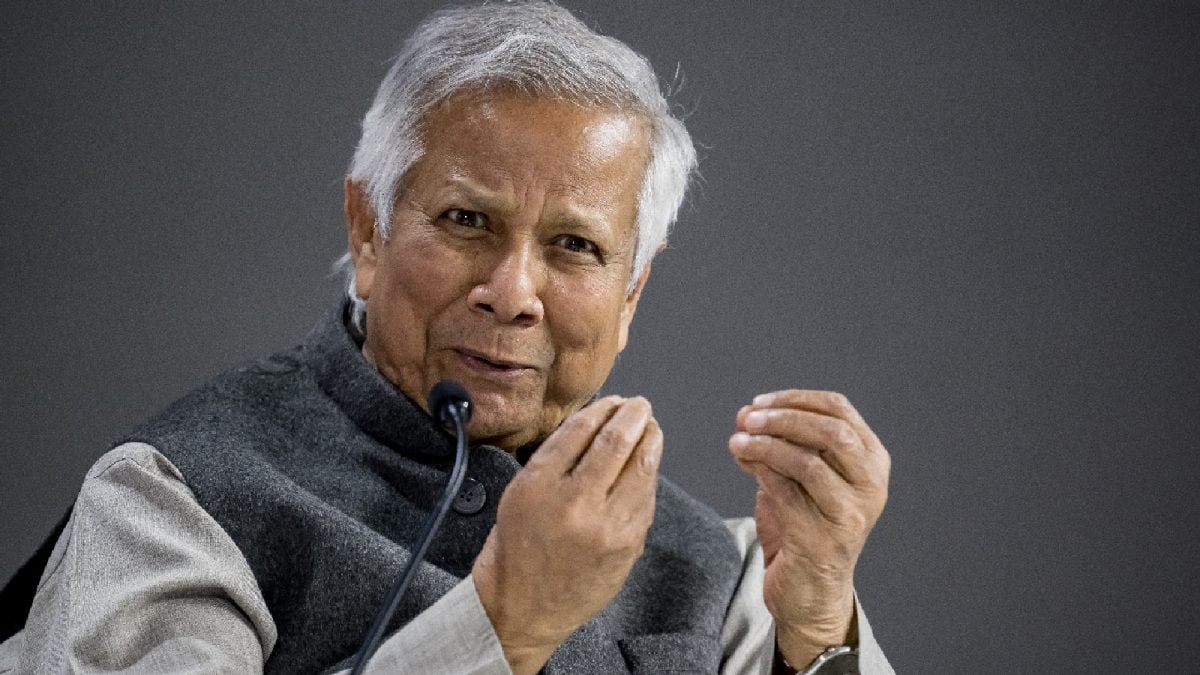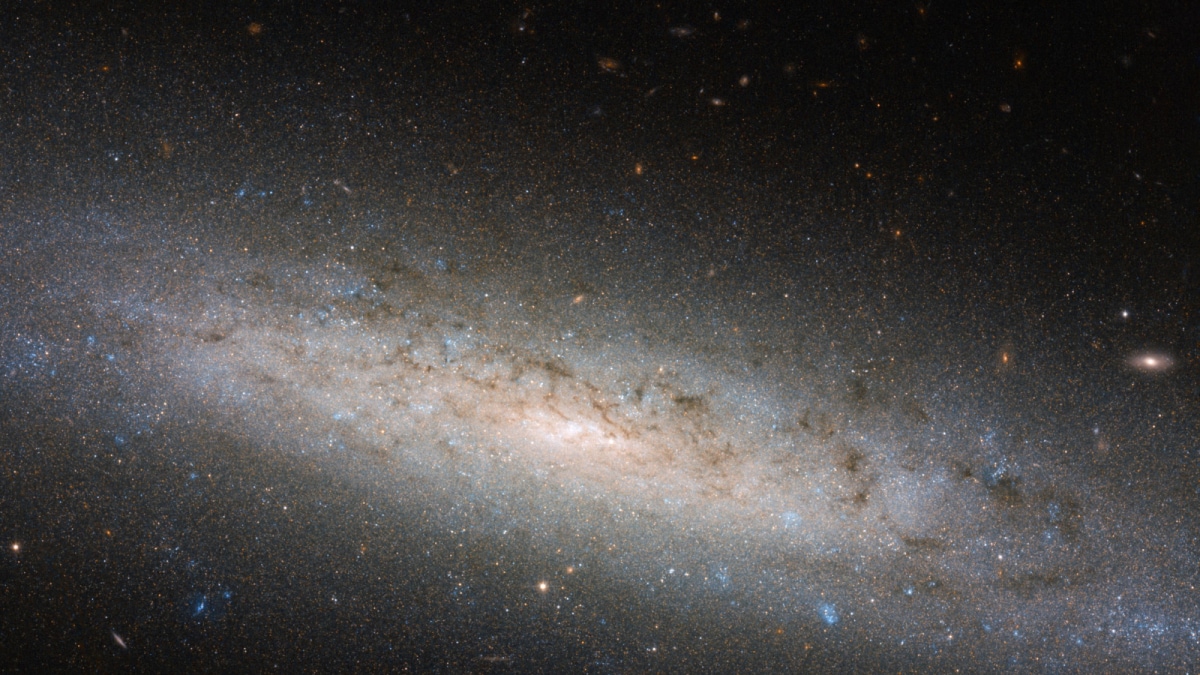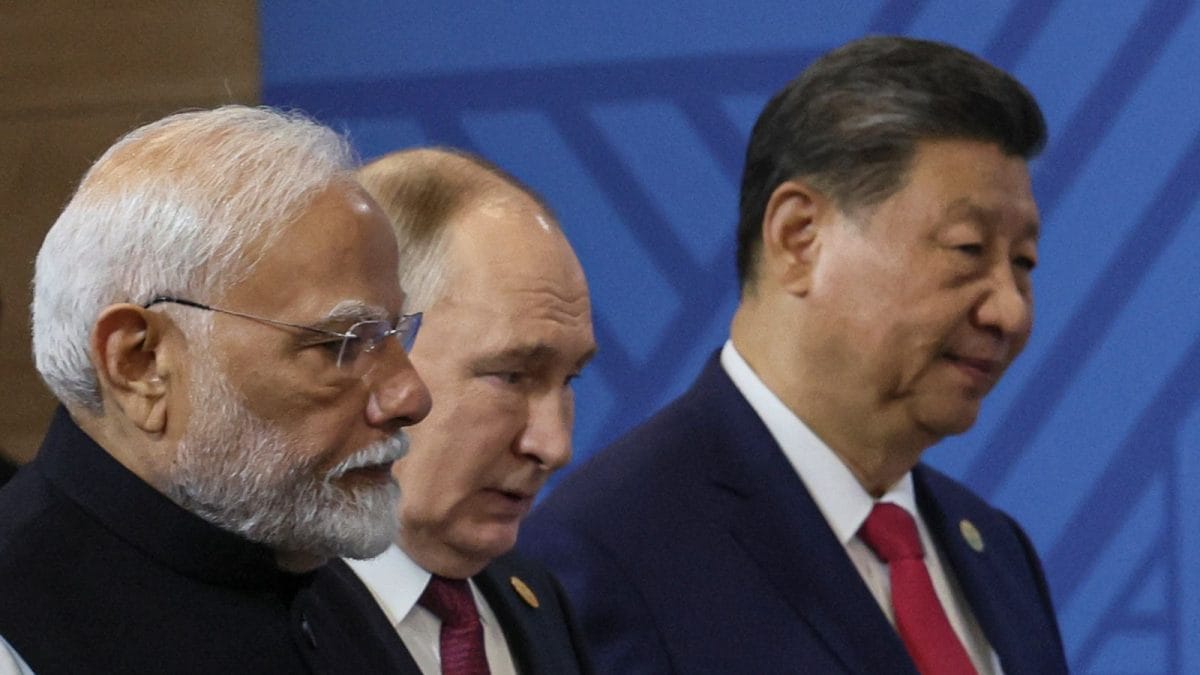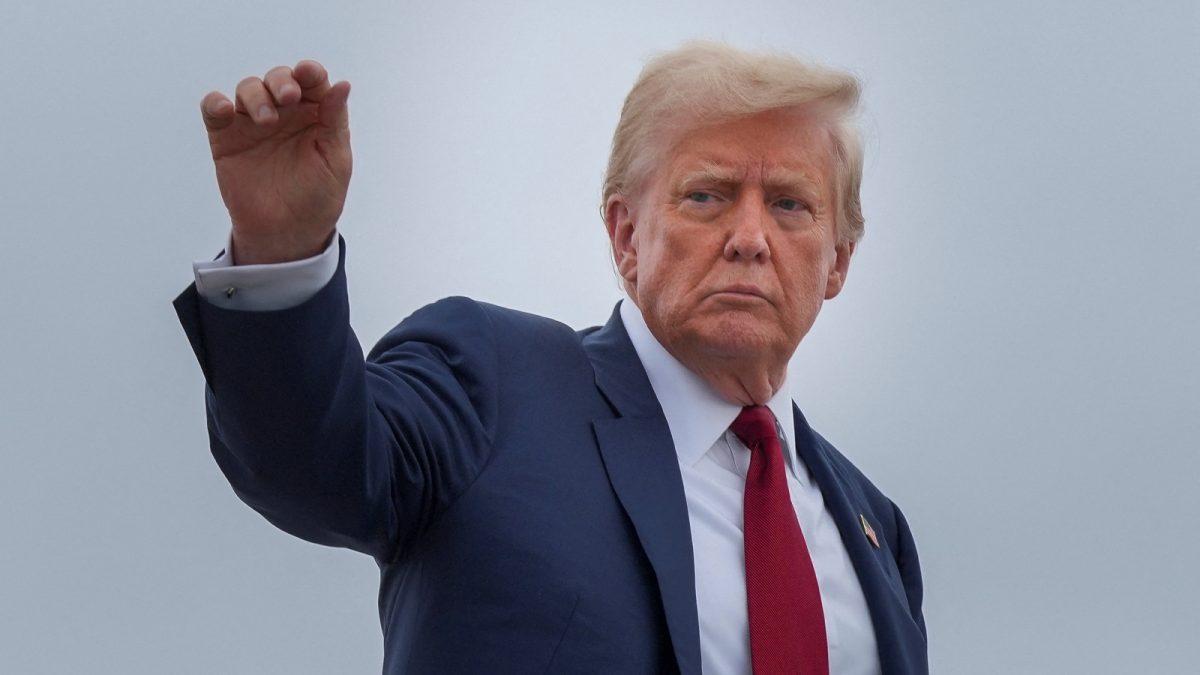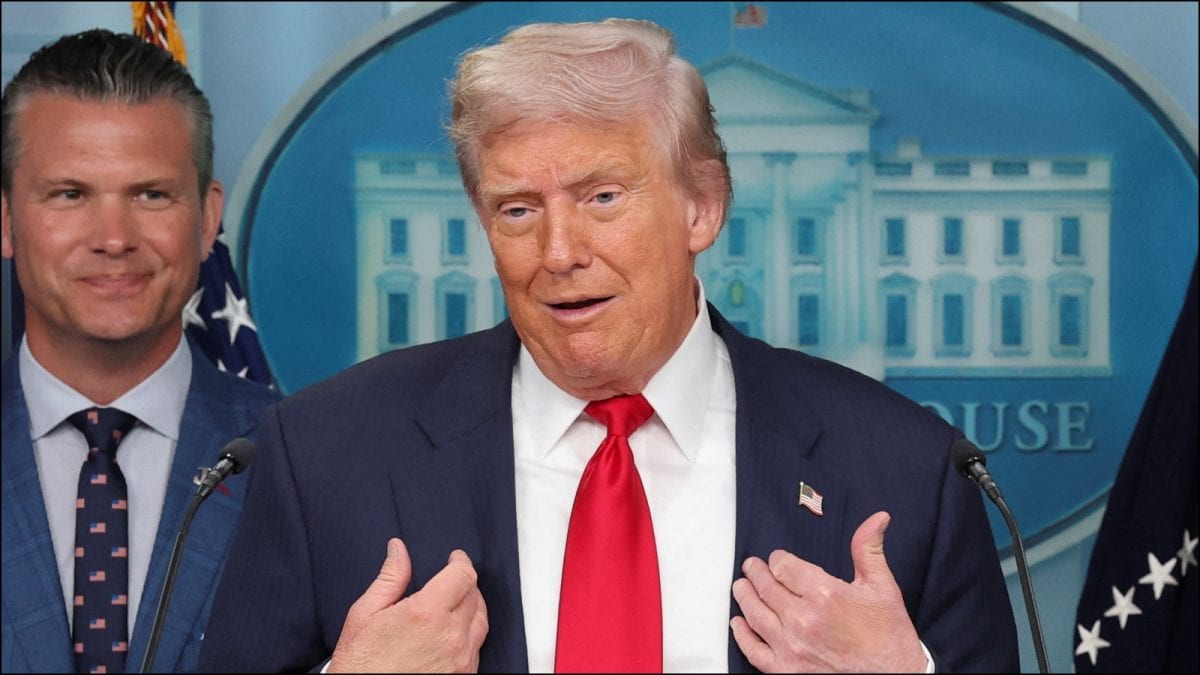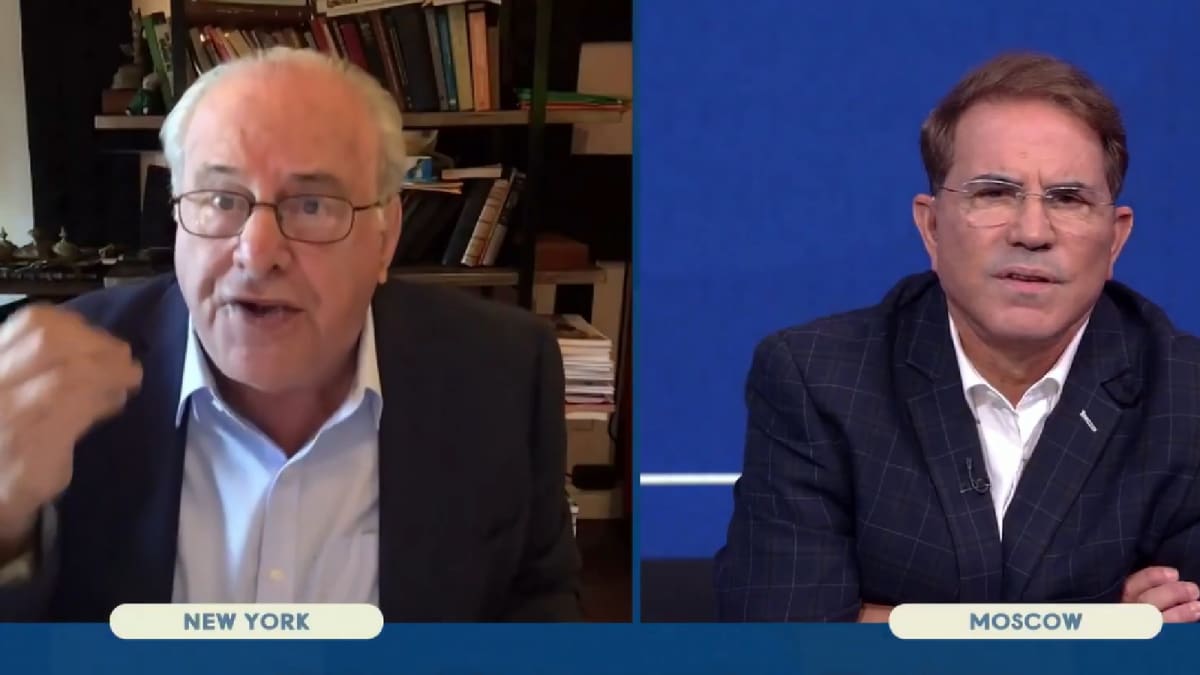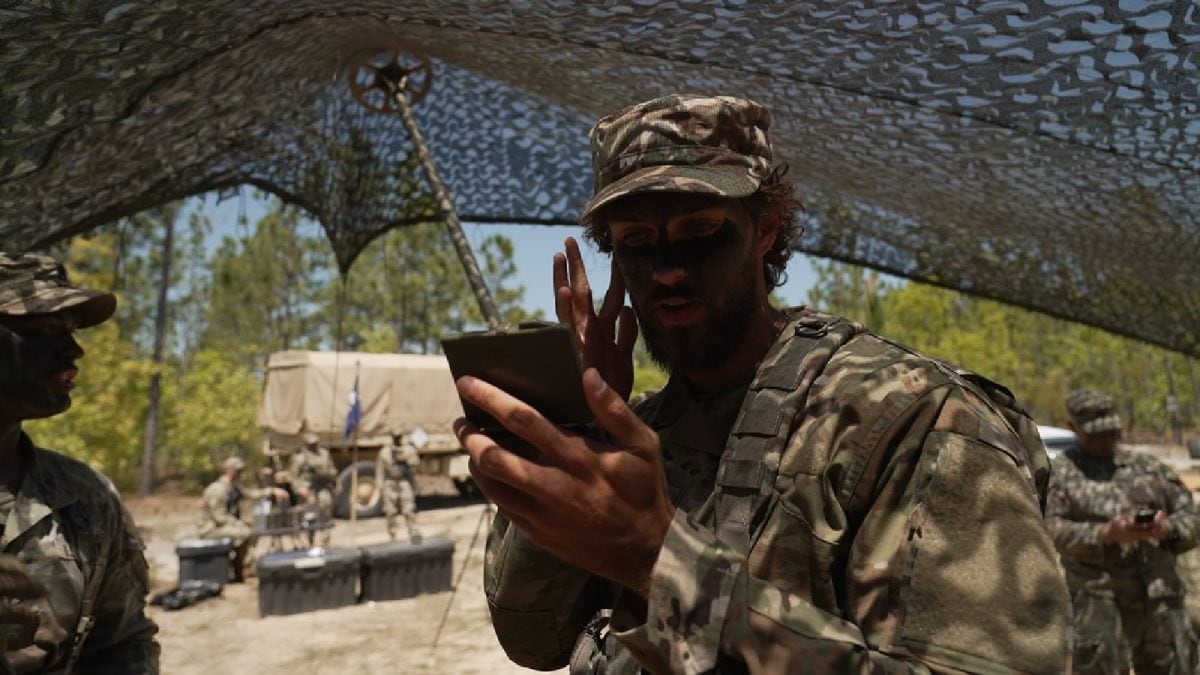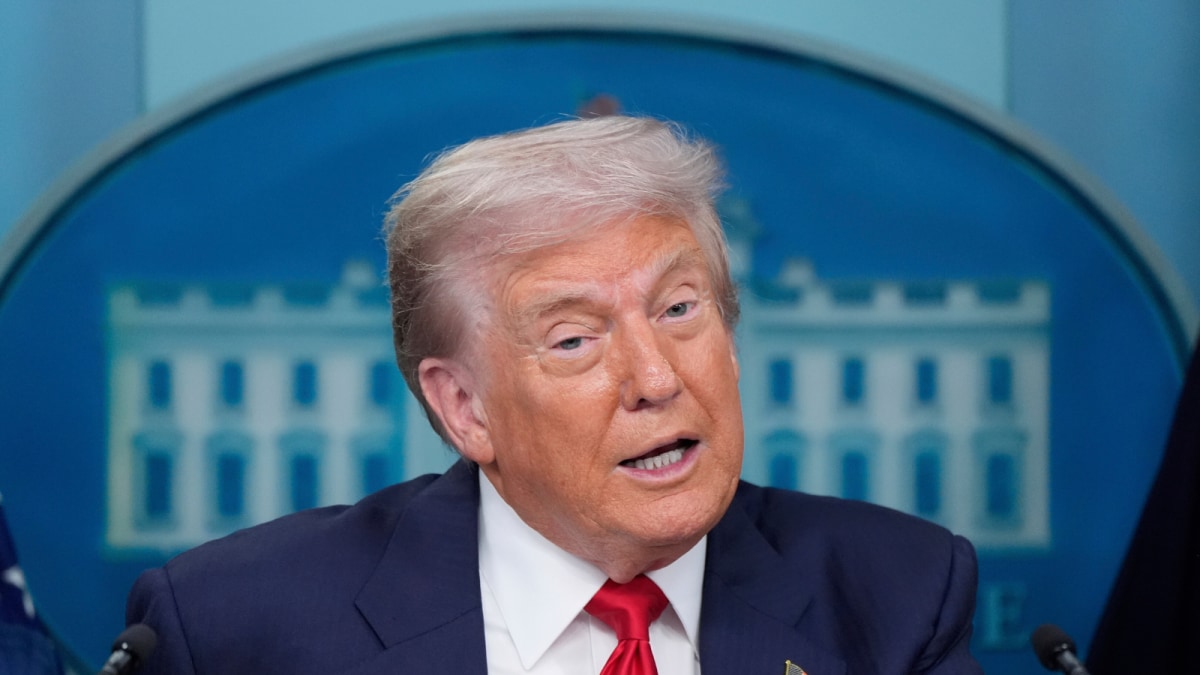Last Updated:July 22, 2025, 09:17 IST
The study estimated that the economic value of the H-1B programme could increase by up to 88 per cent if applications were evaluated based on factors like salary or seniority.

Trump administration considering major reforms to the H-1B visa issuance process. (Image: Representative)
The Trump administration in the US is considering significant changes to the H-1B visa issuance process. On July 17, the Department of Homeland Security (DHS) submitted a proposal to the Office of Information and Regulatory Affairs for a “weighted selection process" for applicants within the capped segment of the programme.
Currently, applications far exceed available slots, and recipients are chosen through a lottery system.
The DHS proposal provides few details on the weighted selection process, but it would apply to the programme’s capped portion, which is currently set at 85,000 visas annually, with 20,000 reserved for workers holding at least a Master’s degree.
The US Citizenship and Immigration Services (USCIS) will continue to manage visa applications. At present, H-1B visas are allocated randomly, treating all applicants equally regardless of qualifications or employer. However, tech companies like Amazon, Meta, and Microsoft benefit from submitting large numbers of applications, thus increasing their share of visas.
Universities and research institutions, exempt from the cap, can hire foreign talent throughout the year.
H-1B salaries are expected to rise significantly. In January, Jeremy L Neufeld and the Institute for Progress (IFP) analysed the impact of replacing the lottery with a salary-based ranking system, Firstpost reported.
Their study found that average first-time H-1B salaries would increase from $106,000 to $172,000, significantly affecting the labour market. This change would disrupt outsourcing firms that rely on lower-wage visa workers and favour highly skilled professionals, especially those with PhDs, by prioritising specialised talent.
The study estimated that the economic value of the H-1B programme could increase by up to 88 per cent if applications were evaluated based on factors like salary or seniority.
“The USCIS is in the process of drafting a rule to end the H-1B lottery and replace it with a weighted selection method. That’s good news. The USCIS should adhere as closely as possible to a raw salary ranking (no 4 levels), with boosts for younger workers and low cost-of-living," said Connor O’Brien, a researcher at the Economic Innovation Group, on X.
“The H-1B is the primary way through which the United States attracts high-skilled immigrants. Random allocation among eligible applicants is insane. America deserves better!" O’Brien added.
Indian nationals continue to dominate the H-1B programme. In 2022, they received 77 per cent of the 320,000 approved visas, a trend that persisted in fiscal year 2023, with 72.3 per cent of the 386,000 visas issued going to Indians.
The News Desk is a team of passionate editors and writers who break and analyse the most important events unfolding in India and abroad. From live updates to exclusive reports to in-depth explainers, the Desk d...Read More
The News Desk is a team of passionate editors and writers who break and analyse the most important events unfolding in India and abroad. From live updates to exclusive reports to in-depth explainers, the Desk d...
Read More
United States of America (USA)
First Published:News world H-1B Lottery-Based Model To End In US? DHS Considers 'Weighted' Selection
Disclaimer: Comments reflect users’ views, not News18’s. Please keep discussions respectful and constructive. Abusive, defamatory, or illegal comments will be removed. News18 may disable any comment at its discretion. By posting, you agree to our Terms of Use and Privacy Policy.

 1 month ago
1 month ago
